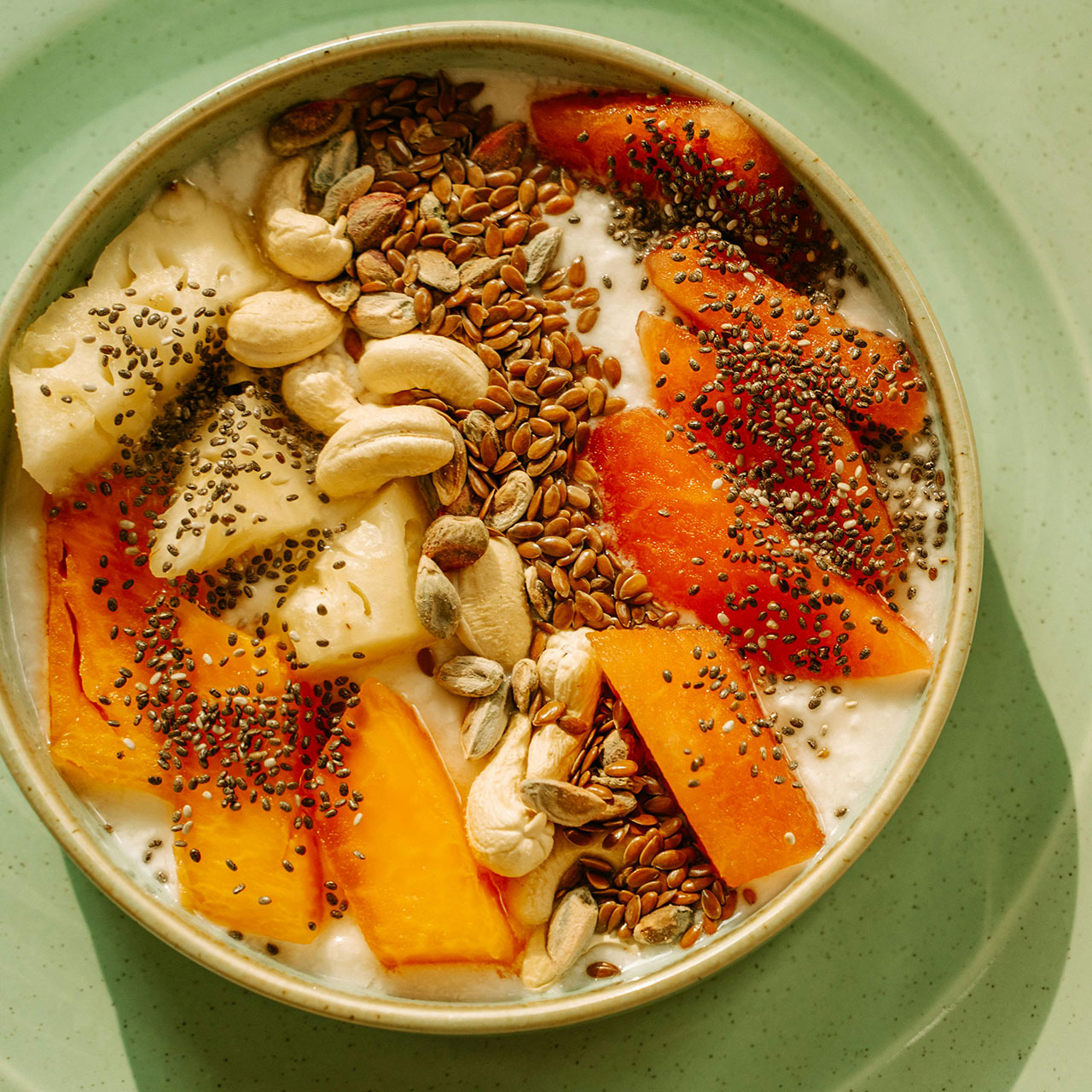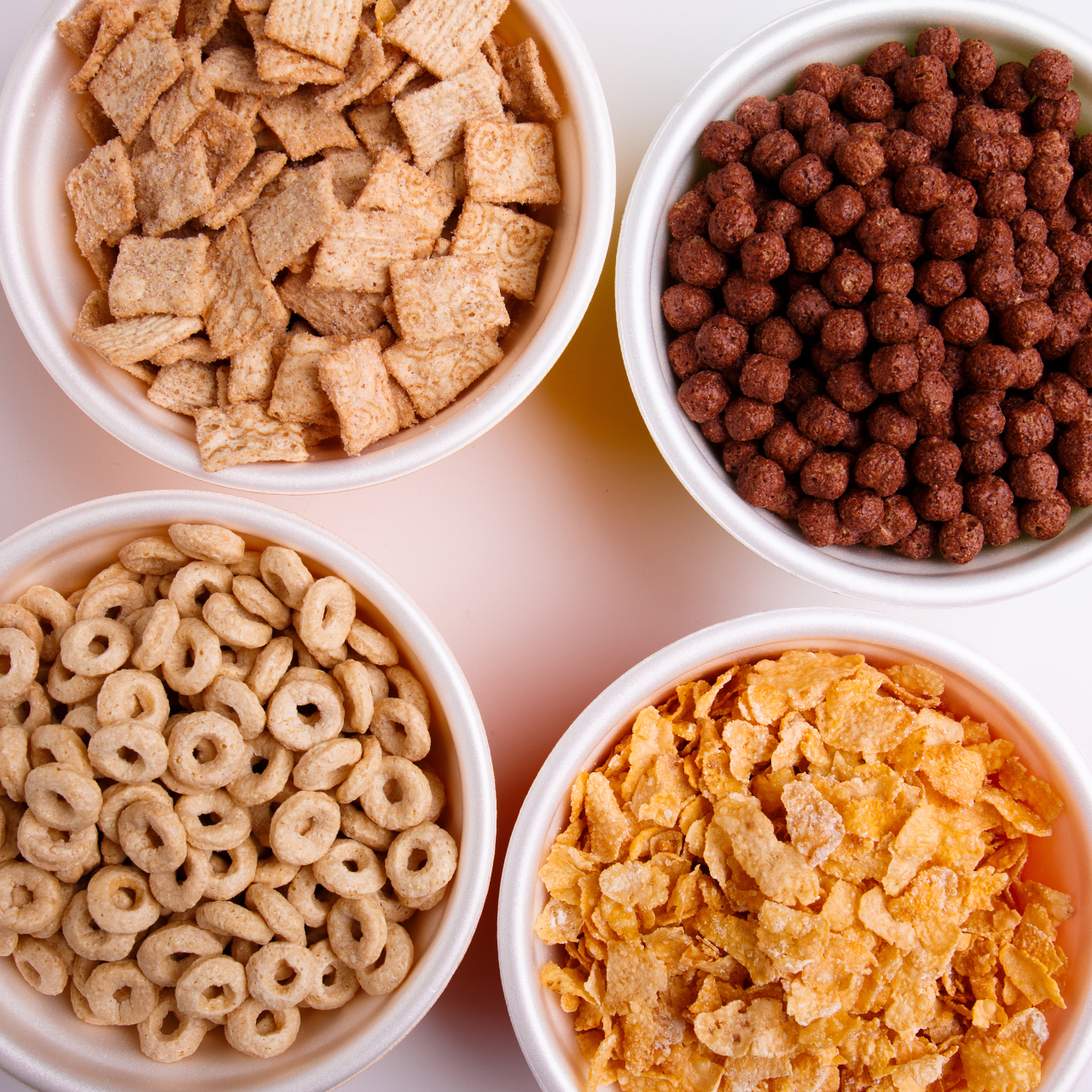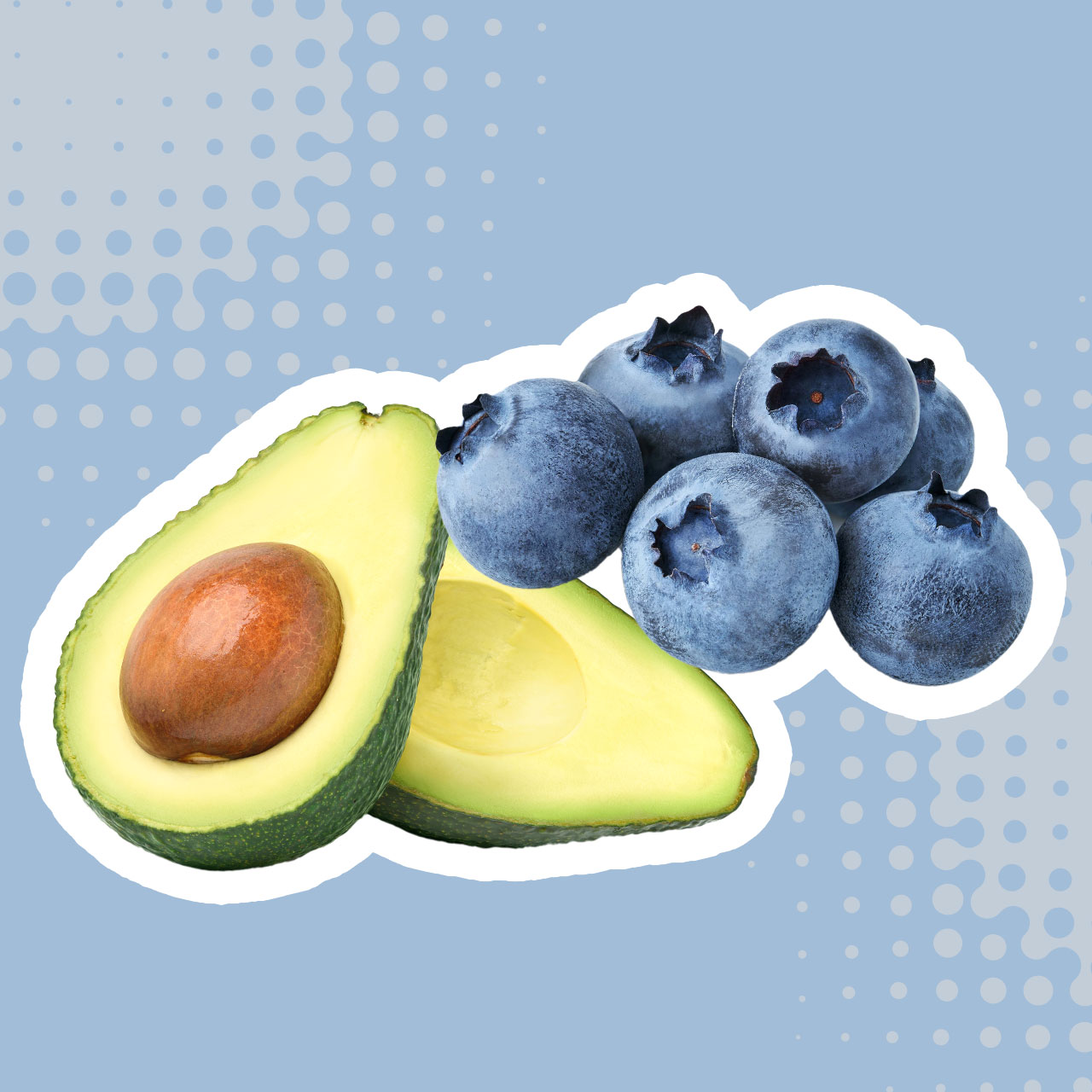In the quest for optimal wellness, many individuals turn to supplements to suit a number of health needs, from better sleep to a faster metabolism. However, while filling in nutritional gaps with supplements could contribute to greater well-being, it’s important to remember that not all supplements are created equal.
While some supplements are straight up dangerous, others may simply be ineffective and a waste of money. Dr. Austin Lake recently took to TikTok to shed light on a few commonly consumed supplements that he believes may be a waste of money—including two options that may come as a surprise: biotin and probiotics.

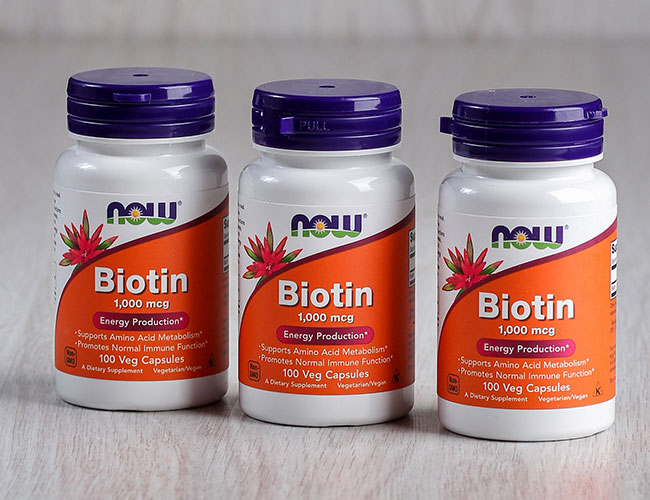
1. Biotin
Biotin, also known as vitamin B7, has long been touted as a great supplement for promoting healthy hair, skin, and nails. However, Dr. Lake warns that biotin supplementation may not live up to its promises and could even have negative consequences on overall health.
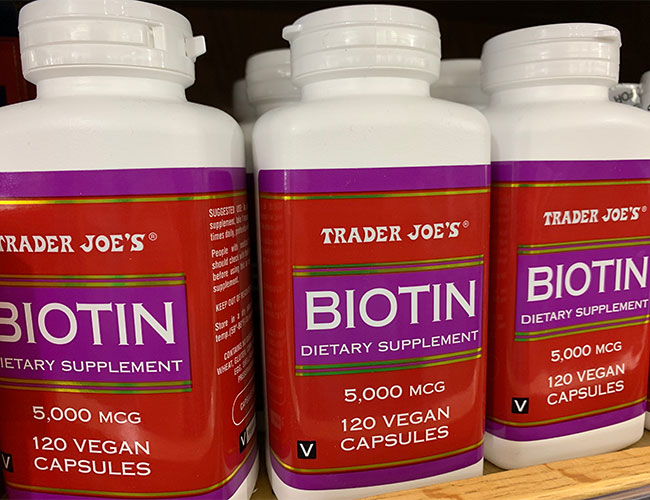
"Biotin can actually deplete other B vitamins in your system, specifically B5," he says. Stressing the importance of B5 in hormone synthesis and energy production, Dr. Lake advises opting for a B complex instead. This balanced approach to supplementation ensures that all B vitamins are adequately replenished, preventing potential deficiencies and promoting overall health.
While biotin plays a crucial role in maintaining healthy hair, skin, and nails, obtaining it through supplementation may not be the most effective strategy. Instead, individuals can focus on consuming a balanced diet rich in biotin-containing foods such as eggs, nuts, seeds, and fish to support their nutritional needs.
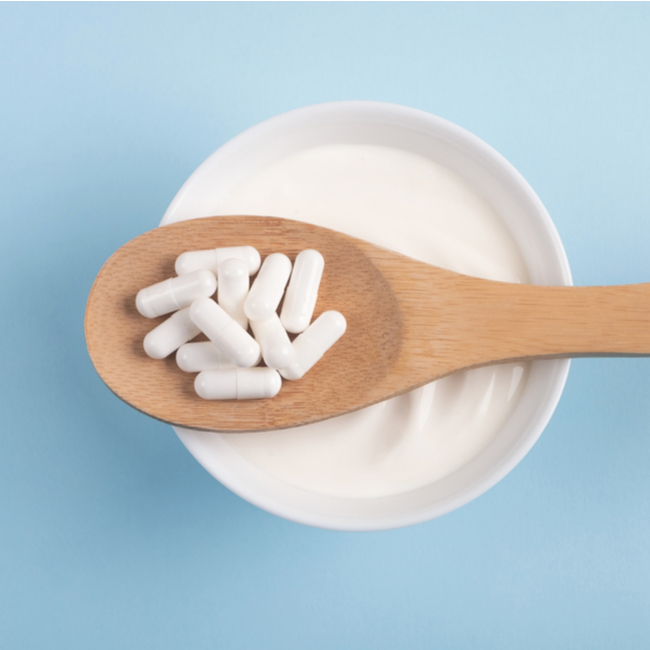
2. Probiotics
Probiotics have gained popularity in recent years for their purported benefits on gut health and immunity. However, Dr. Lake cautions against the indiscriminate use of probiotic supplements, emphasizing the importance of selecting the right strains and quantities for optimal effectiveness.
"Probiotics are often a big waste of money because people are buying insufficient amounts of the right kinds of probiotics," Dr. Lake explains. To reap the benefits of probiotic supplementation, individuals should ensure they're taking the right quantities, typically ranging from 10 billion to 100 billion CFUs (colony-forming units), depending on their health concerns.

Moreover, Dr. Lake underscores the importance of live activated cultures found in fermented foods like kefir, sauerkraut, kimchi, and kombucha. These naturally occurring probiotics not only provide a diverse array of beneficial bacteria but also offer additional nutrients and health-promoting compounds.

Bottom line
While biotin and probiotics play important roles in supporting overall health, taking them as supplements may not always yield the desired results. Dr. Austin Lake's insights highlight the need for a more nuanced approach to supplementation, emphasizing the importance of balanced nutrition and targeted interventions.
Instead of relying solely on supplements, individuals can optimize their health by adopting a well-rounded diet rich in nutrient-dense foods and incorporating lifestyle practices that support gut health and overall well-being. By prioritizing whole foods and mindful supplementation, individuals can make informed choices that truly benefit their health in the long run.
Ultimately, Dr. Lake's insights can be summed up with a simple piece of advice: "Be careful when you’re about to invest in supplements and make sure you’re working with somebody that knows what they’re talking about, because otherwise you can be wasting a lot of your money."















